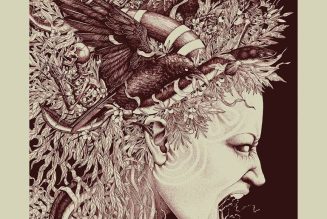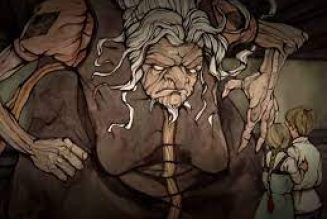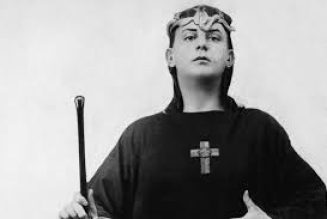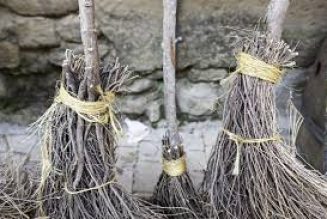The youngest victim of the Salem Witches hysteria of 1692–93.
Dorcas Good was the daughter of Sarah Good, one of the first persons to be accused of witchcraft in Salem, Massachusetts, in 1692.
Only four years old, Dorcas was also accused of being a witch.
In a childlike fashion, she readily confessed to witchcraft, which she said she learned from her mother.
Dorcas was arrested about a month after her mother, in March 1692. She was cried out against by the afflicted girls along with Rebecca Nurse and Elizabeth Procter.
The girls accused Dorcas of tormenting them, saying she was taking supernatural revenge for the arrest of her mother.
When brought up for examination, Dorcas was confronted by three of the afflicted girls, Ann Putnam, Mary Walcott and Mercy Lewis.
Putnam and Walcott fell into their fits, claiming Dorcas had bitten, pinched and choked them.
They showed the marks of pinpricks and little teeth on their arms.
The evidence was convincing to the magistrates and the onlookers.
Little Dorcas was an easy mark and became the second person after the slave Tituba to confess to witchcraft.
Asked if she had a familiar, Dorcas said yes, it was a small snake that sucked at the lowest point of her forefinger.
Dorcas showed the examiners a red mark at the spot, about the size of a flea bite.
In all likelihood, it was a flea bite, but it was accepted as a witch’s mark or Devil’s mark by the examiners.
Asked who gave her the familiar, the child replied that it was not the “Black Man,” the Devil, but her mother.
Dorcas continued to give evidence against her mother, testifying at her trial that Sarah had three familiars in the shapes of birds that hurt the afflicted children and others.
One was black and one was yellow.
Because of her confession, Dorcas was not tried for witchcraft.
She was sent to prison in Boston, along with her mother, for about seven to eight months.
There she was treated abominably, as were the other prisoners, and was confined in chains.
They were too poor to pay for their upkeep, and “the country” was billed for their food and blankets.
Her father, William Good—who testified against his own wife—wrote a letter to the General Court in 1710 in which he protested the damage done to his family, including Dorcas.
The child, he said, “hath ever since been very chargable, having little or no reason to govern herself.”







